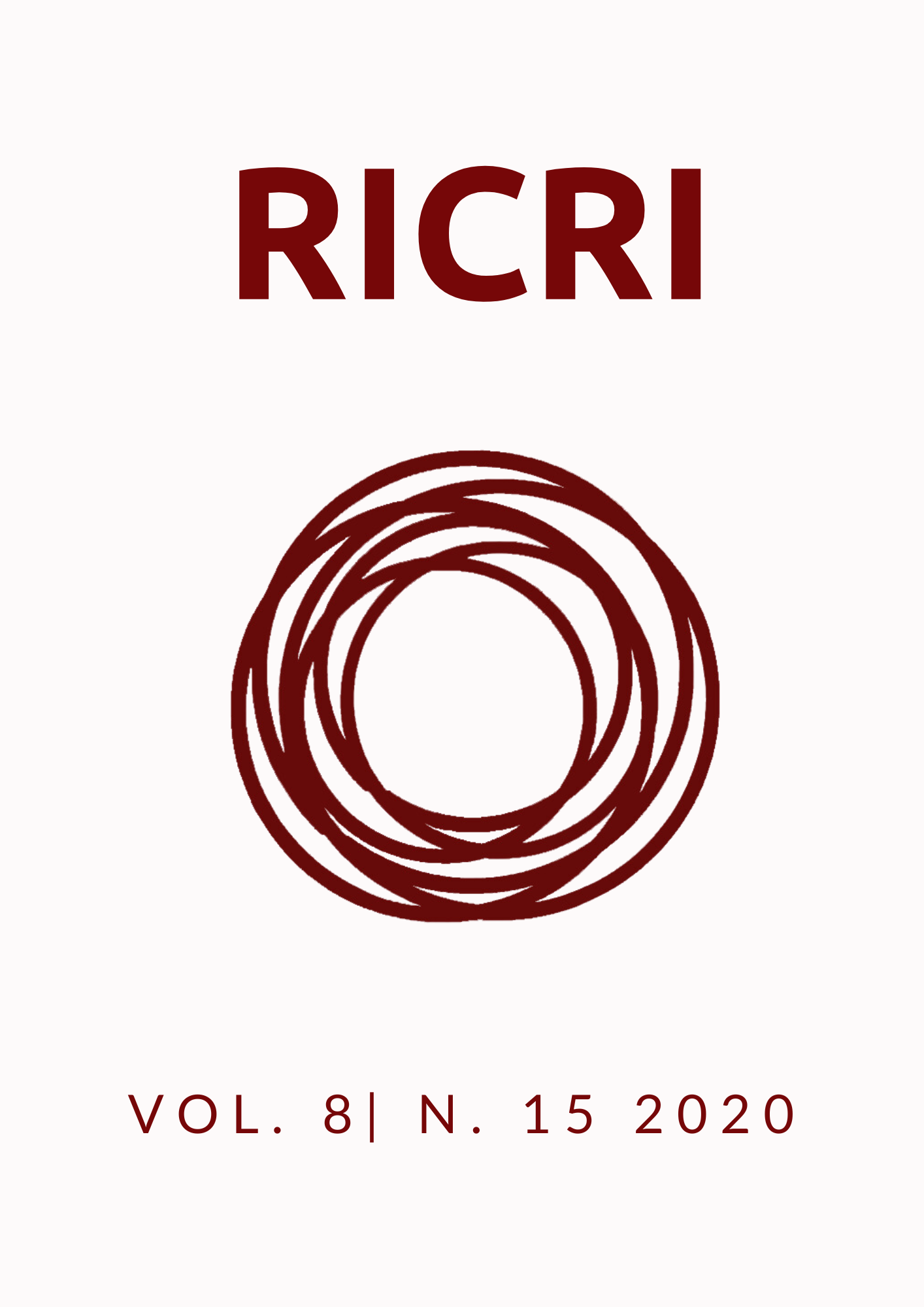DOES BRAZILIAN FOREIGN POLICY BREATHE THROUGH "GADGETS"?
Uma análise de conte´´udo dos tuítes de Ernesto Araújo e as interações com a opinião pública
DOI:
https://doi.org/10.22478/ufpb.2318-9452.2020v7n15.54885Abstract
This article aims to analyze the foreign policy established over the first year and a half of Bolsonaro's government, through the interactions and statements made by the Minister Ernesto Araújo on his official account on the social network Twitter. The analysis is based on the filtering of the most used qualifying terms by the Chancellor, with emphasis on the American continent, and on how the use of these terms corroborates the induction and personification of the ideology which characterizes the current period. Therefore, it is planned to demonstrate the way in which the articulation exercised between foreign policy and public opinion started to be strongly engaged by the facilities of online interactions, from the information flows intensified by the algorithms of the chosen platform, as well as presenting a contrast of conduct and dynamics in face of the characteristics of the Brazilian Foreign Policy of the previous governments of Lula, Dilma and Temer.
Downloads
Published
How to Cite
Issue
Section
License
Authors who publish with this journal agree to the following terms:
a. Authors retain copyright and grant the journal right of first publication with the work simultaneously licensed under a Creative Commons Attribution License that allows for sharing of work with acknowledgment of its initial publication in this journal.
b. Authors are able to take on additional contracts separately for non-exclusive distribution of the version of the work published in this journal (e.g., post it to an institutional repository or as a book), with an acknowledgment of its initial publication in this journal.
c. Authors are permitted and encouraged to post their work online ( eg, in institutional repositories or on their website) at any point before or during the submission process, as it can lead to productive exchanges , as well as increase the impact and citation of published work ( See the Effect of Open Access).




